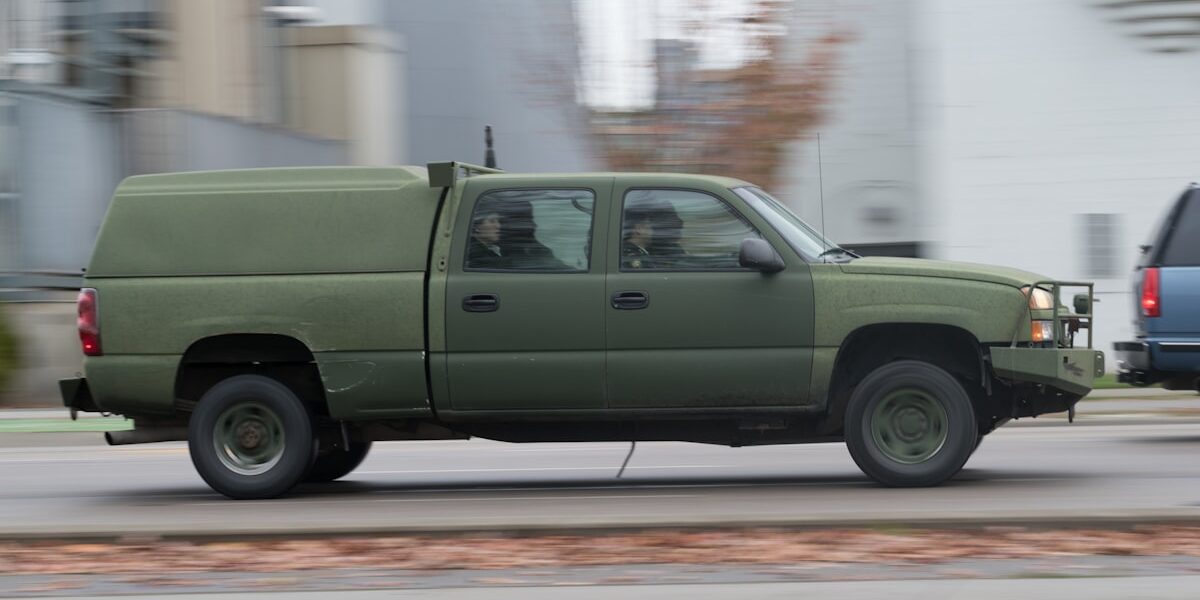–
Aec Matador For Sale


–